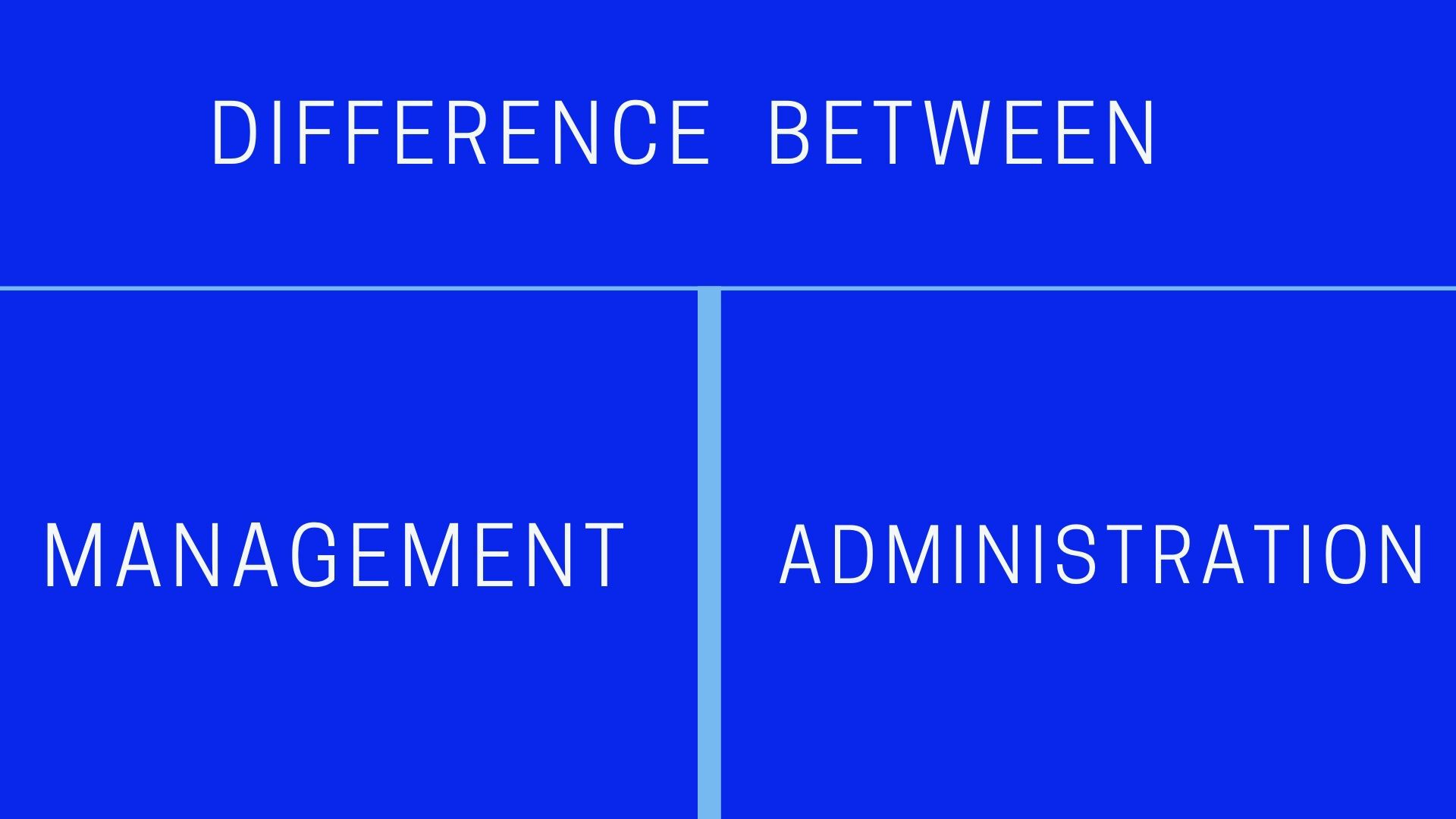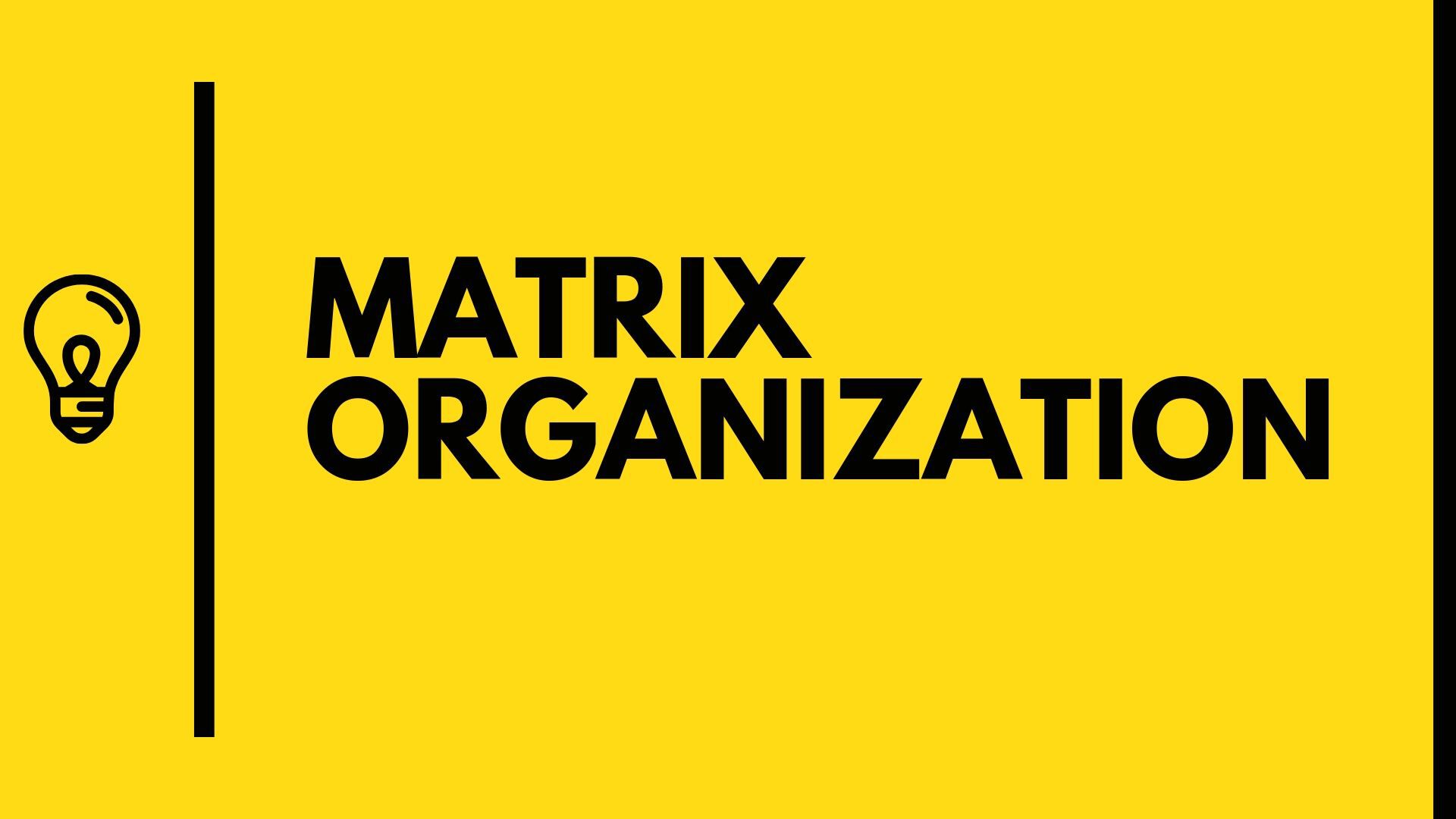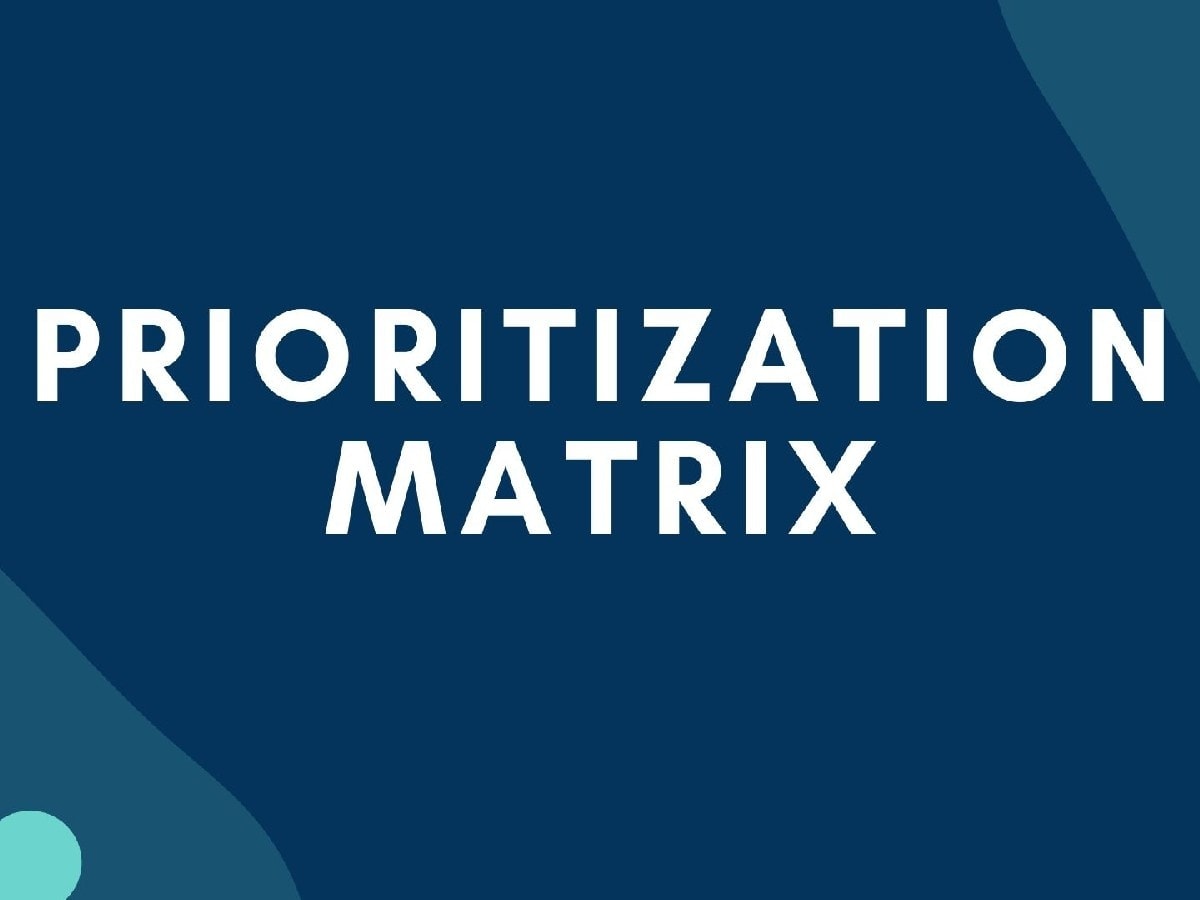Leadership quality is the quality of leading others. Leadership is the method of social influence where one person supports and leads the other members in…
Management Category
Learn the principles and practices of effective management, including leadership, strategy, and decision-making.
Portfolio Management – Objectives, Advantages and Disadvantages
Portfolio management is defined as a process at the corporate level for the successful delivery of the portfolio of an organization. This portfolio includes an…
What is the Importance of Listening?
Listening is an active process where patience, compassion, and determination play significant roles. Human behavior is such that it tends to block out most of…
What is Social Responsibility? – Definition, Understanding, Examples
Social responsibility is defined as a concept where both an individual, as well as a business entity, has an obligation towards the interest and welfare…
The Importance Of Organizing
The dictionary meaning of organizing is to arrange something systematically. In an organization, the meaning of organizing is an effective arrangement of work among the…
Management Consulting – Advantages of Management Consulting
Management consulting can be defined as when the management of an organization seeks the consultation of outside experts to manage their organizations effectively. The management…
The Importance of Respect
Respect is a feeling that develops because of good thoughts about someone and treating them in a manner that shows your admiration for him and…
Scientific Management -Principles & Techniques by Frederick Taylor
The principles of scientific management can be attributed to a mechanical engineer named Frederick Taylor who devised ways to perform work efficiently. Frederick Taylor was…
Risk Matrix – Meaning, Explanation, Basics, Impact and Implementation
A risk matrix is a tool that is used to assess the risk and its visibility by taking into consideration the probability against the consequence…
Ethics vs Morals: Key Differences in them
Ethics deals with the right and wrong conduct of an individual or group of individuals and it is governed by individual/legal/professional norms. Therefore, ethics has…
30 Leadership Skills to become an Effective Leader
Leadership skills are the abilities and the capabilities that an individual demonstrates while leading a team, a situation, or life. These skills help them supervise…
Working as a Team: 17 Benefits of Teamwork | Marketing91
Working as a team in an organizational setup means a qualified group of people working as a single entity to accomplish common goals. Employers have…
The Importance of Knowledge Management for a Firm Explained
In this ever-changing and dynamic era of the business and corporate world, it is very crucial for the companies to constantly innovate and come up…
Charismatic Leadership – Definition, Characteristics, Examples, Pros and Cons
Charismatic leadership is a leadership style or form that is defined by the way a leader presents his or her charm to influence and persuade…
Management By Objectives (MBO): Steps, Benefits, Pros and Cons
‘Management by objectives’ (MBO) is a strategic management technique in which the main aim is to improve performance of the organization by defining objectives. It…
9 Barriers to Planning -Strategies to Identify and Overcome
For any of the brand or the business venture to succeed in the market-beating the competition, it is required to have the skills and right…
What is the Importance of Decision Making?
Decision making is the ability to analyze the available options and select the best action plan to complete the given task. It is an integral…
Batch Production: Working, Examples & Benefits of using Batch Production
Have you heard of the term batch production? Want to know how it occurs? Then in simple terms, you can understand that Batch production is…
The 3 Important Levels of Management in an Organization
The term Management is generally construed as relating to the management of corporations. There are a big number of companies that have operations in more…
Personal Management – Meaning, Objectives, and Functions
Personal management is defined as a process that deals with the human constituents of a business entity. Every organization is heavily dependent on its workforce,…
21 Characteristics of Successful Entrepreneurs
Curious to know about the key personality traits of entrepreneurs? Then in this post, we will be covering essential characteristics of successful entrepreneurs that play…
The 6 Features of Centralization: Its Advantages and Disadvantages
There are two ways to operate an organization one is centralization and decentralization. These two processes are opposite to each other. In centralization, the authority…
Unity of Command: Meaning, Example & Its Importance
Being accountable and answerable to more than one supervisor is never liked by the employees. Unity of Command is the one business management theory that…
Unity of Direction: Meaning, Role, Benefits and Importance
Do you know about the best technique of motivating the workforce to work with uniformity and coordination to accomplish the common objectives of the company?…
The 7 Different Modes of Payments Explained with Pros and Cons
Making payment is a day-to-day activity of every business. One party is required to make payment to another party to use its services and goods….
What is Bilateral Contract? Elements, Enforcement and Examples
A bilateral contract is a type of legally binding agreement between two parties. The contract can be either oral or written. It differs from a…
Prioritization: Meaning, Planning, Importance, Cons, and Examples
Prioritization is defined as activities where you list the items you want to do on their level of value. It means that you can now…
Situational Leadership: Meaning, Styles, Characteristics, and Advantages
Situational leadership is defined as a model or theory where the leader puts its onus on empowering the followers to get the job done. The…
Difference Between Management and Administration
It is common to get confused between the term administration and management as both terms are referred to controlling or managing an organization. But there…
What Causes Change in an Organization? 10 Factors Explored
Change is constant, and change is inevitable. Change happens in every organization, and every organization is required to adapt to that change to maintain its…
Matrix Organization: Structure, Types, Examples, and Advantages
Matrix organization is defined as a complex structure implemented by business organizations. In most cases, the business entity follows a hierarchy system but here, the…
Departmentalization: Meaning, Objectives, Types, Examples & Advantages
Departmentalization is defined as a process that groups activities into different departments. These departments are created so that tasks can be performed by specialization within…
Decision Matrix: Meaning, Examples, and How to use a Decision Matrix?
A decision matrix is defined in simple terms as a table that helps to evaluate a set of criteria against a set of options. It…
Matrix Management – Definition, Challenges and Types
Matrix management is defined as an organizational structure where some of the employees report to one or more than one leader at the same time….
Critical Path Method: Meaning, Steps, Benefits and Disadvantages
The critical path method is also referred to as CPM and is considered a network analysis algorithm used about controlling and planning of routine projects….
Cross-Functional Team: Meaning, Limitations, Factors, and Advantages
Cross-Functional team is defined as a workgroup that includes employees from different levels of an organization having different skills and knowledge collaborating for completing a…
Charismatic Leader: Meaning, Best Practices, Characteristic & Advantages
The leadership position in any organization is the center of power. All the power, authority, and resources gravitate to this position. The leaders are those…
Tacit Knowledge: Meaning, Characteristics, Examples, and Advantages
Tacit knowledge is defined as the knowledge that is very difficult to impart to another individual either by telling him or writing it down. Several…
Multidisciplinary Team: Meaning, Tips, Characteristics, and Advantages
The multidisciplinary team is defined as a group comprised of members that have complementary skills, qualifications, and experience. Their contribution is towards particular objectives of…
Prioritization Matrix: Features, Benefits and How to use a Prioritizing Matrix
A prioritization matrix is an analysis tool used for business analysis. It is also a software application for time management so that a person can…







































